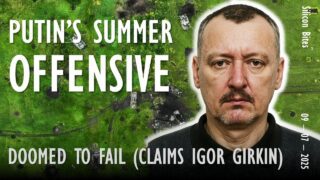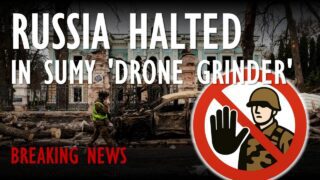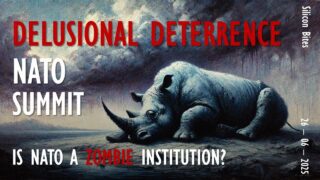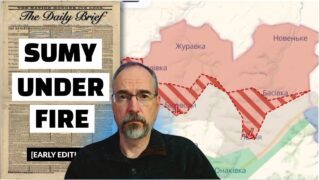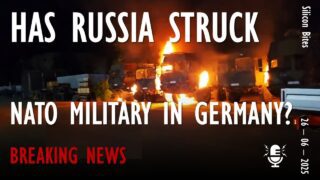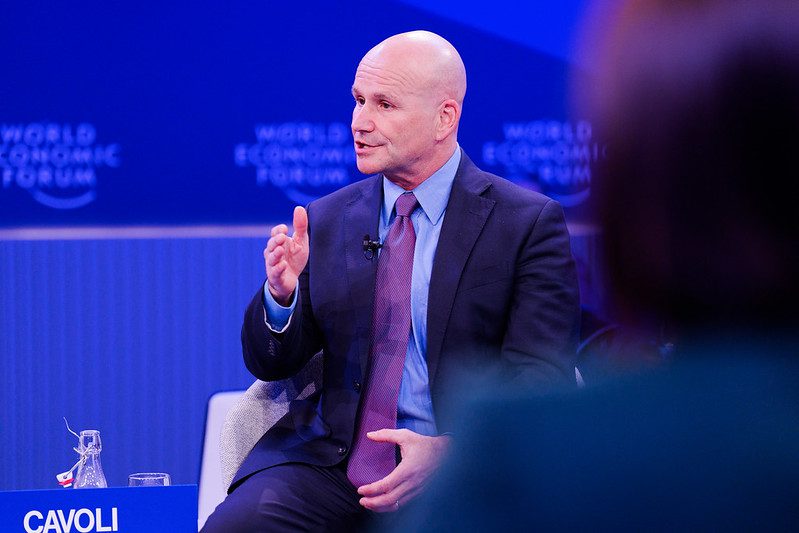
Russia lacks forces for Ukraine offensive breakthrough
Russia currently lacks the military capability for a rapid offensive in Ukraine due to personnel challenges, according to NATO’s Supreme Allied Commander Europe, General Christopher Cavoli, speaking at the World Economic Forum in Davos.
The assessment comes at a critical time for Ukraine as questions arise about the continuity of US military support and Europe’s capacity to fill potential gaps in assistance as Russia makes grinding advances in Ukraine’s east yet cannot expel Ukrainian troops from Kursk.
“I don’t worry about Ukraine suddenly losing. I don’t see the potential for a massive breakthrough. And this is not a political view, it’s a military one,” Cavoli said at a discussion titled “Peace through Strength,” Voice of America reported.
Cavoli believes this is due to both the effective defense operations of the Ukrainians and also because Russia struggles to build up a significant offensive force to make a potential breakthrough.
The NATO commander pointed to Russia’s recruitment of North Korean soldiers as evidence of their personnel challenges. “We see that [the incremental advances] are exhausting for Russia. There’s a reason why Russia has brought in thousands and thousands of soldiers from North Korea,” he explained.
Cavoli believes that Russia’s incremental offensives were exhaustive for Russia, forcing it to bring in thousands of soldiers from North Korea, and will likely force the Russians to use more deterrence in 2025.
Addressing concerns about potential reductions in US support, Cavoli highlighted increased European assistance, particularly in ammunition production. Swedish Prime Minister Ulf Kristersson emphasized that Europeans must serve as “role models” to maintain US commitment to Ukraine.
At the same WEF discussion, Finnish President Alexander Stubb stressed the importance of protecting independence: “The more you prepare, the less likely you are to find yourself in a conventional war. Of course, we prepared militarily even in the post-Cold War era, and even more so (we are preparing – ed.) now.”
Related:




